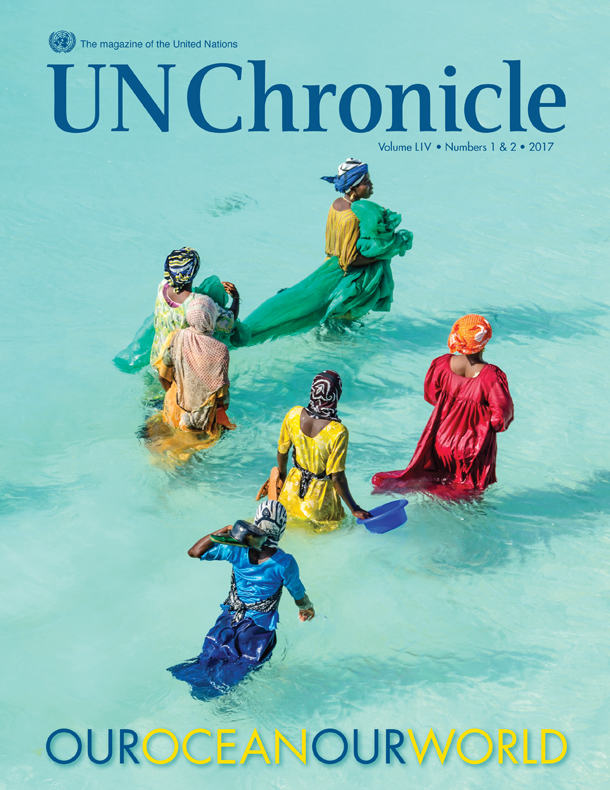
Our Ocean, Our World
Nos. 1 & 2 Volume LIV 2017Under the theme “Our Ocean, Our World”, this special double issue of the UN Chronicle explores many of the problems facing the marine ecosystem, with articles by experts and eminent personalities actively engaged in finding solutions. The issue was planned in support of the Ocean Conference (New York, 5-9 June 2017) and Sustainable Development Goal 14: Conserve and sustainably use the oceans, seas and marine resources for sustainable development.

Achieving SDG 14: the Role of the United Nations Convention on the Law of the Sea
Oceans contribute to poverty eradication by providing opportunities for sustainable livelihoods and decent work. Over 3 billion people depend on marine and coastal resources as a means of support. In addition, oceans play a crucial role in the achievement of global food security, as well as human health and well-being.
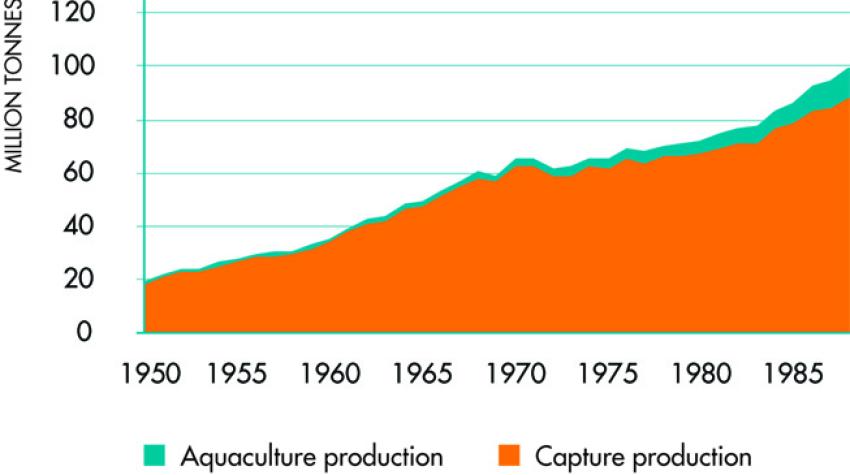
Achieving and Maintaining Sustainable Fisheries
However effectively fisheries may be governed and managed, they change the ecosystems in which they occur. The total biomass of fully exploited species is reduced, typically by more than 50 per cent.
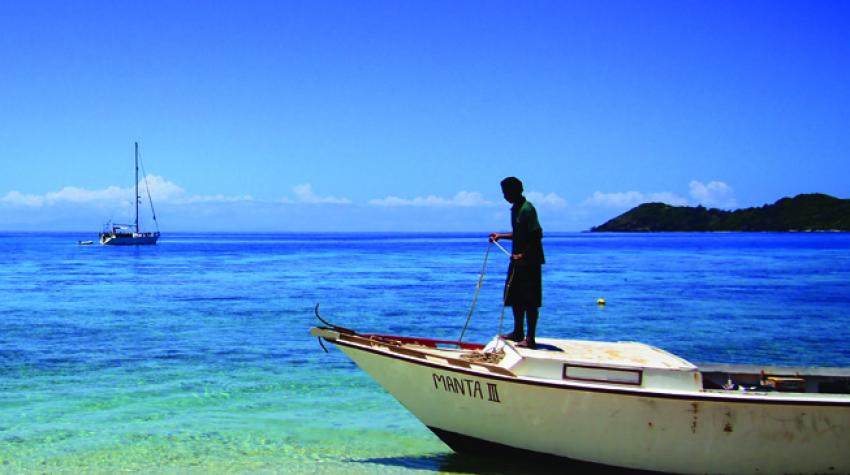
The Ocean Conference: A Game-Changer
The Ocean Conference will be humanity's first universal moment of accountability to remedy the woes we have put upon the Ocean. We will come out of the Conference armed with a broad set of partnerships, commitments and measures to be put into action.
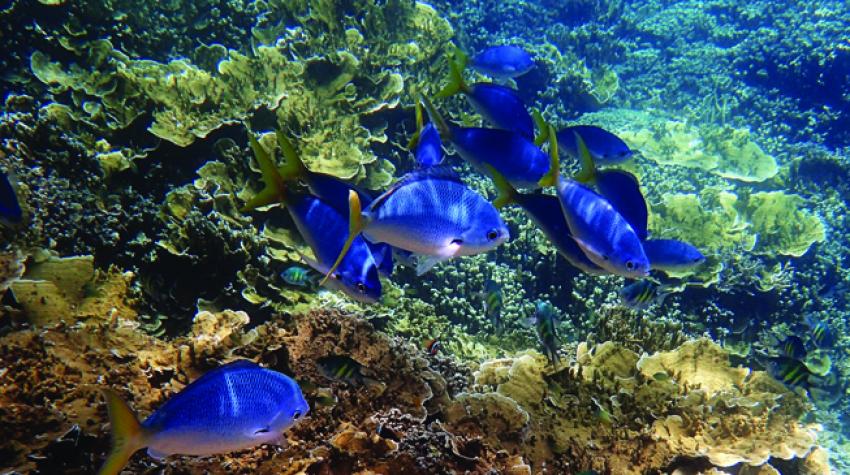
Protecting the Coral Sea-the Cradle to the Great Barrier Reef
Australia has a lot at stake as steward of the world's third-largest marine territory and some of the most diverse marine life on Earth. Our continent rises from the junction of three major oceans and contains tropical, temperate and subantarctic ecosystems, with much of our marine life found nowhere else.

Know Your Ocean. Love Your Ocean.
On my extensive voyages across the globe I have discovered that it is the same story everywhere—not only in the gyres, but all the way from the Tropics to the Arctic. Our oceans have become a fine soup of plastic fragments.
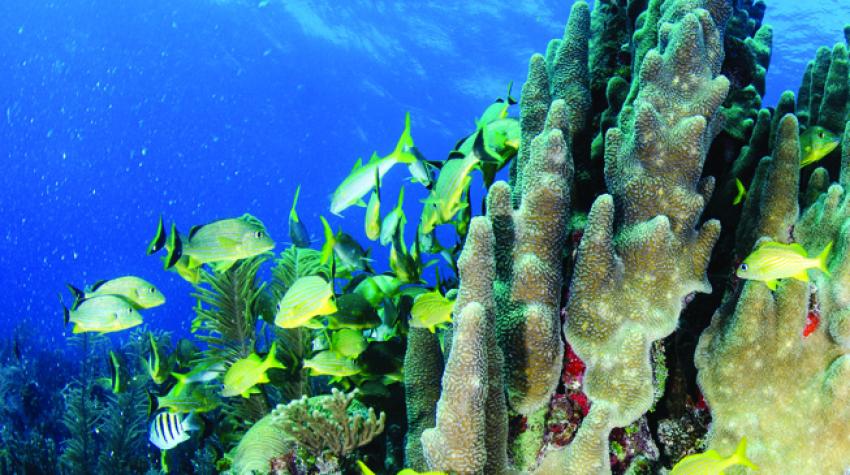
Can We Save Coral Reefs?
The collapse of coral reefs has far-reaching implications for the entire ocean, for people and, indeed, for the planet. Going forward, the focus must be on how to conserve what is left, ideally taking bold, decisive steps to reverse the unthinkable trajectory.
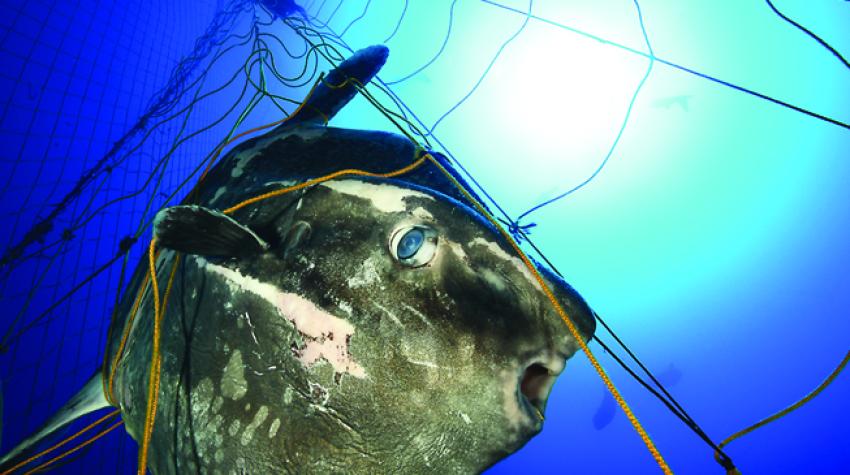
Maintaining Healthy Ocean Fisheries to Support Livelihoods: Achieving SDG 14 in Europe
The problems of ocean space are closely interrelated and need to be considered as a whole. So says the preamble to the United Nations Convention on the Law of the Sea-and never were those words more apt than in relation to the challenges we face today.

Climate Change Poses a Threat to Our Oceans
Oceans, however, happen to be borderless and are also unevenly distributed across the planet. We cannot protect our share of the ocean with walls; instead, we must cooperate in a spirit of solidarity if we are to succeed in preserving and protecting the water that we have at our joint disposal. We must work together with our closest neighbours and cooperate at a global level, between countries.
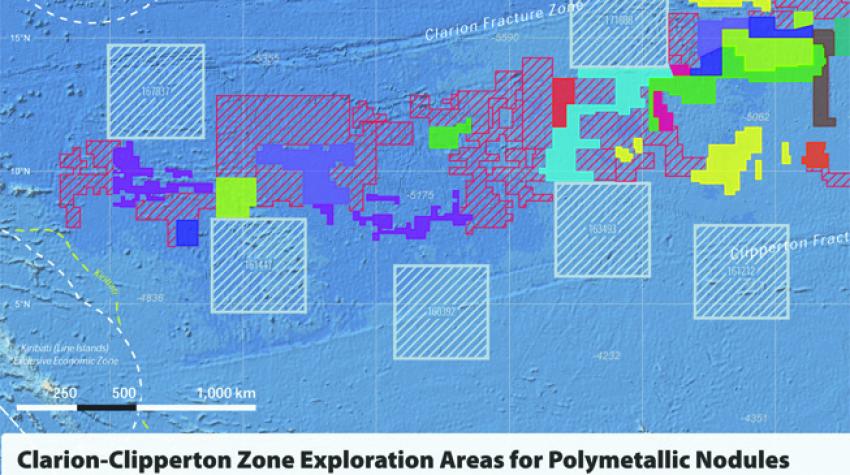
The International Seabed Authority and Deep Seabed Mining
The deep ocean below 200 metres is the largest habitat for life on Earth and the most difficult to access. The sea floor, just like the terrestrial environment, is made up of mountain ranges, plateaus, volcanic peaks, canyons and vast abyssal plains.
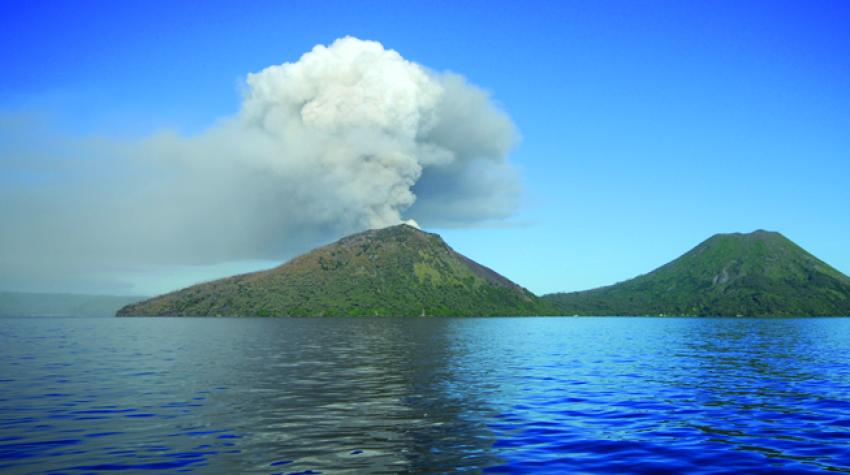
A Sea of Islands: How a Regional Group of Pacific States Is Working to Achieve SDG 14
The health of our oceans is fundamental to the health of our planet. Ninety-eight per cent of the area occupied by Pacific Island countries and territories is ocean. We sometimes refer to ourselves as Big Ocean Stewardship States in recognition of this geography. The Pacific Ocean is at the heart of our cultures and we depend on it for food, income, employment, transport and economic development.
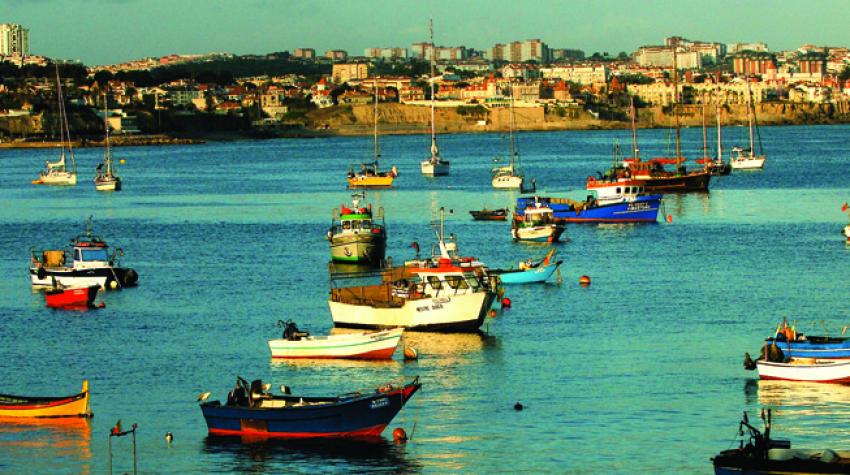
Portugal and the Ocean Economy
For historical, cultural and economic reasons, the ocean has shaped the lives of the Portuguese people and the ways in which we relate to others and belong to the international community. As a maritime country, the ocean is a fundamental and formative element of our identity.

The Arctic Ocean and the Sea Ice Is Our Nuna
For Inuit, the sustainable use of the marine resources and the future of the Arctic Ocean and sea ice is not a luxury—it is life itself; it is about protecting our culture. Inuit are adapting to changes and we will continue to thrive in the changing Arctic. We have much to learn and much to teach the world. We ask that you accept our invitation to discuss issues affecting our land. Our nuna, the Arctic.

We Must Protect the Bounty and Beauty of the Sea
As the United Nations Goodwill Ambassador for Biodiversity, I have travelled the world speaking to people about the defining challenge of our generation: bringing the way we live into a sustainable interaction with our planet.
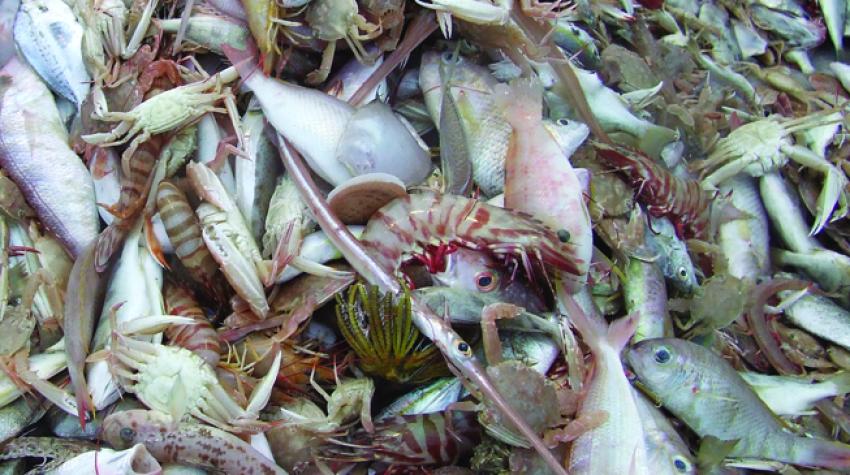
Making the Ocean a Partner in Our Quest for a Sustainable Future
Nowadays, about 120 million people depend on commercial fisheries for their livelihoods, and nearly 90 per cent of them work in small-scale fisheries in developing countries, especially in Africa and Asia. They are among the poorest communities in the world, and they risk being further marginalized if we fail to recognize the importance of small-scale fisheries.
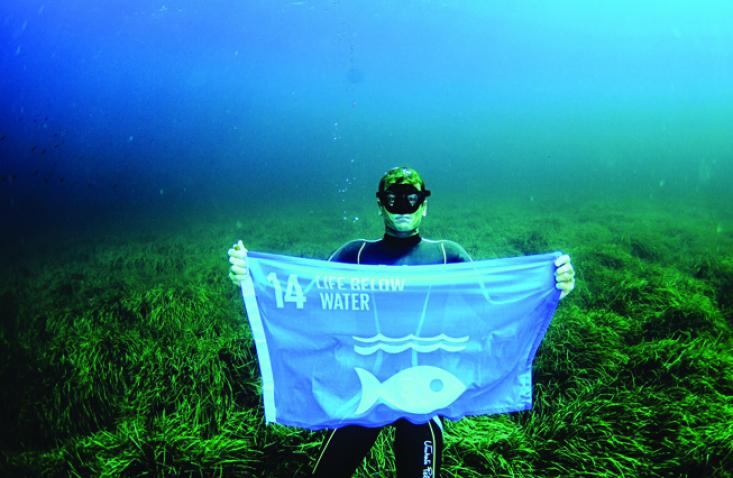
Foreword
This special double issue of the UN Chronicle, under the theme Our Ocean, Our World, explores many of the problems facing the marine ecosystem, with articles by 23 experts and eminent personalities actively engaged in finding solutions.

Tourism: Committed to Preserving Life below Water
Tourism could become one of the best tools to further the protection of oceans and seas globally, and the private sector could play a crucial role. Hotels could sponsor campaigns raising awareness about the fragility of the oceans and foster initiatives informing travellers about marine life and species such as dolphins, whales and coral reefs.
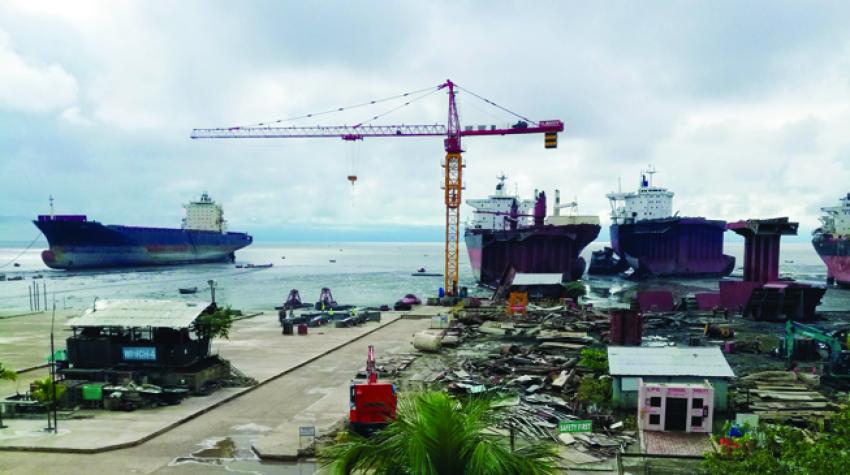
The Role of the International Maritime Organization in Preventing the Pollution of the World's Oceans from Ships and Shipping
Shipping is a key user of the oceans, delivering more than 80 per cent of world trade, taking ferry passengers to their destinations and carrying millions of tourists on cruises. Annually, more than 50,000 seagoing ships carry between them more than 10 billion tons of vital and desired cargoes, including commodities, fuel, raw materials and consumer goods.
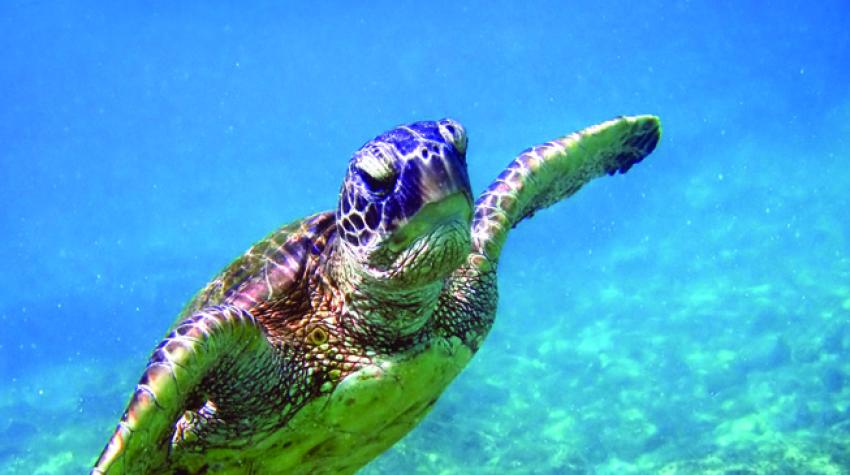
Engaging Youth to Conserve Coastal and Marine Environments
As a young entrepreneur once myself, my journey with Planeta Océano has allowed me to witness the huge potential of young people in conservation and sustainable development. It has shown me the importance of engaging youth not only as participants and collaborators, but also as genuine strategic partners.
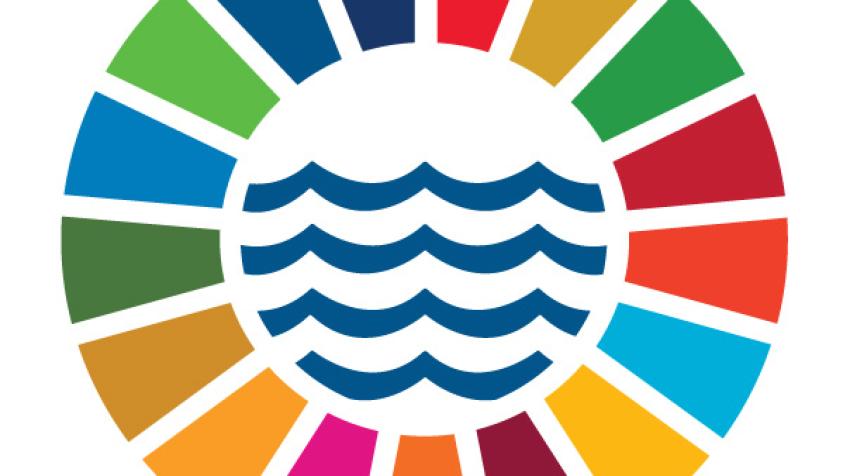
A Conference to #SaveOurOcean
Despite their critical role in sustaining life in this world, our oceans are increasingly threatened, degraded or destroyed by human activities, reducing their ability to provide crucial ecosystem services.
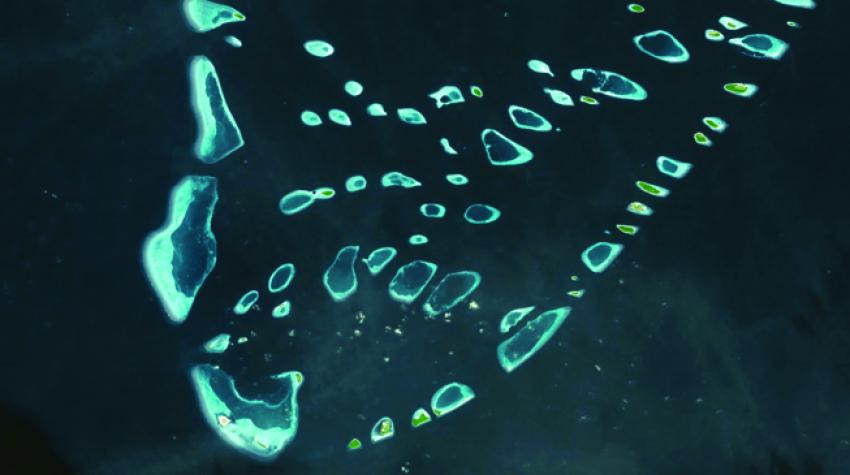
Protecting Small Island Developing States from Pollution and the Effects of Climate Change
There are few more powerful symbols of the international community's shared past and future than the ocean. From the earliest human migrations, it carried our ancestors to new continents, brought civilizations together, and opened the world to exploration and trade. It also connects us ecologically.

Global Marine Governance and Oceans Management for the Achievement of SDG 14
Scientists are seeing greater and faster change, with more rapid declines in ocean health than had been previously anticipated. Today we live in an age of a changing climate, and no part of the ocean is unaffected by human influence.

Marine Biodiversity and Ecosystems Underpin a Healthy Planet and Social Well-Being
Marine biodiversity, the variety of life in the ocean and seas, is a critical aspect of all three pillars of sustainable development—economic, social and environmental—supporting the healthy functioning of the planet and providing services that underpin the health, well-being and prosperity of humanity.
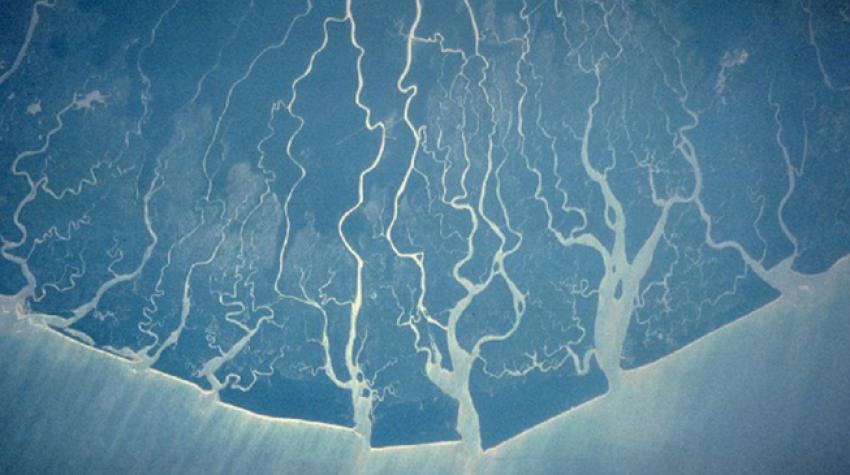
Mobilizing the Global Community to Achieve SDG 14
We cannot continue, let alone accelerate, the changes we are causing to ocean ecosystems. That is why the United Nations system is working with Governments and international, private sector and civil society organizations to strengthen governance structures and promote the implementation of international legal instruments and various management tools, such as integrated coastal zone management and marine spatial planning, and to facilitate a coordinated approach to the application of law and policies for environmental protection and sustainable economic development.
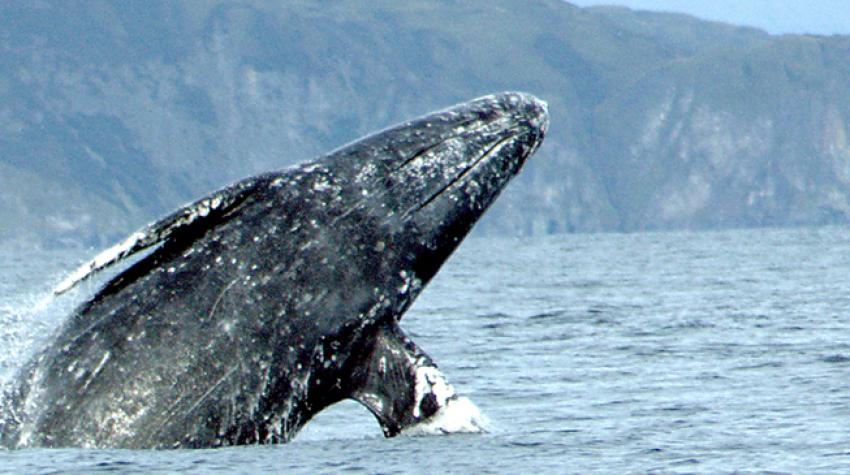
Save a Whale, Save a Planet
Today, our oceans are under immense pressure as their waters absorb much of the carbon dioxide and other greenhouse gases pumped into the air by human activity, resulting in a 30 per cent increase in acidity. The progress of the human race, particularly since the Industrial Revolution, has resulted in devastating impacts to our entire climate, and those impacts are particularly prevalent in our oceans.
